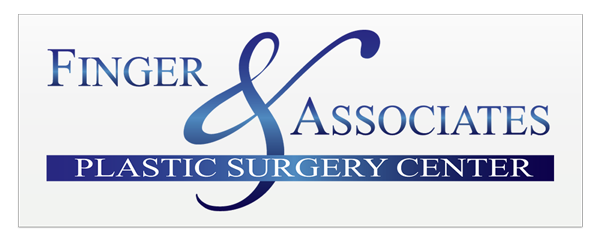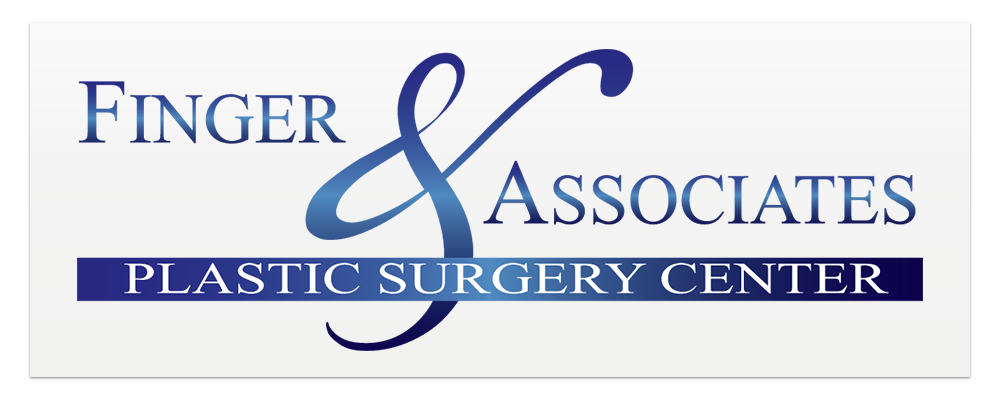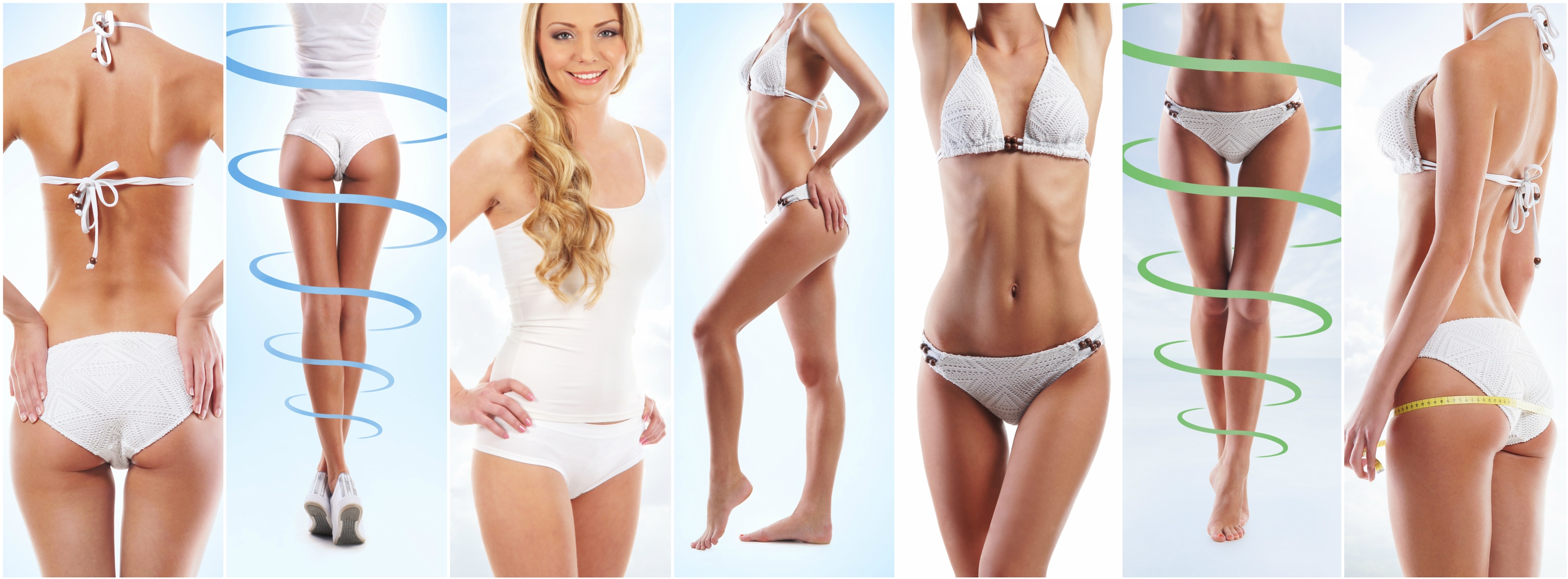This discussion is about a subject that is out of my specialty and how dental hygiene affects plastic surgery and even health and longevity.
How Dental Hygiene Can Affect Plastic Surgery
The rate of breast encapsulations (breast firmness and distortion) with breast augmentations varies from 2 to 20%, according to the surgical technique and post-operative care. However, through the years I have noticed that breast implant encapsulations can occur because of poor dental hygiene in many cases. Why? Because gingivitis/periodontal disease (inflamed, swollen, and/or bleeding gums) is a bacterial problem, and the most common cause of implant encapsulations is bacteria and without a clinical infection. With gingivitis, bacteria actually invades the blood circulatory system, which is bad for all types of implants from knees to hips to breasts.

My first question to patients with encapsulations is: “Do you have bleeding, inflamed, sore, or swollen gums?” Too frequently, the answer is yes. The bacteria from gingivitis often becomes blood born and can enter the scar capsules around the implants causing encapsulation, even many years after breast implant surgery. In these cases, the scar tightens around the implant or implants and squeezes the implants into a firm, tight ball, according to the degree of encapsulation.
Other Problems With Plastic Surgery From Poor Dental Hygiene
Other problems caused by gingivitis are loss and thinning of the bones that house your teeth, the maxilla and mandible. In severe cases of gingivitis, teeth can be lost. When bone loss occurs in the mandible and maxilla, there is a loss of facial volume causing a dramatic appearance of facial aging. Two of the main causes of the appearance of facial aging is volume loss of bone and fat and the loss of skin elasticity. Poor dental hygiene causes loss of volume in the bones, and thus in the face.
Another result of volume loss is excessive hollowing of the cheeks creating shadows and depressions including wrinkling around the mouth. In fact, bone loss of the maxilla causes sagging, drooping, and turning down of the nose.
Nasolabial folds between the nose and corner of the mouth are caused by volume loss of the maxilla and cheeks. The mouth area can become very wrinkled, and the Marionette lines below the corners of the mouth can occur at a younger age with poor dental hygiene.
Reasons Why You Should Maintain Your Dental Hygiene
Unrelated to plastic surgery, but statistics that are important to know are people with periodontal disease have 3 times the risk of dying from coronary disease prematurely. People with gingivitis have up to a 46% higher chance of dying prematurely. Men under 50 have a 2.6 times more risk of dying prematurely and 3 times more likely to die from heart (coronary) disease. Gingivitis causes a compromised immune system and increases total body inflammation. This can be translated to dementia and other inflammatory diseases as well as heart disease. These are examples of the adverse effects of periodontal disease and poor dental hygiene.
How do you avoid periodontal disease such as gingivitis? The first step is to visit a dentist twice a year for evaluation and professional cleaning. For home care, always floss 2 times a day with a non-waxed floss. My favorite floss is POH®, which can be bought online. Waxed floss only glides over the teeth and does not cut the plaque off. Plaque is the sticky film of bacteria attached to the teeth, first white and then yellow. The answer: Brush with a SoniCare® toothbrush with a fluoride toothpaste 2-3 times a day. The SoniCare® toothbrush has a 2-minute timer, and one should brush for two full minutes at a minimum. A regular toothbrush can be used after lunch at work. After flossing, use a good mouthwash designed to prevent gum disease and reduce plaque.
To be redundant, plaque is full of bacteria and contributes to breast encapsulations, inflammatory diseases, and reduced longevity. Get rid of it!
Schedule your complimentary consultation Dr. E. Ronald Finger at Finger & Associates by visiting our website or calling (912)-354-4411.




